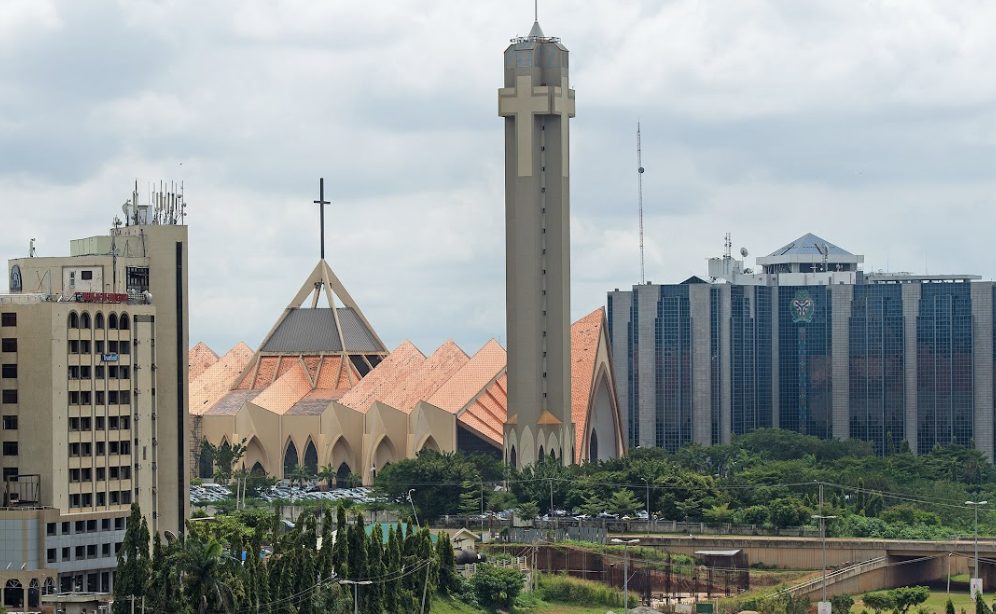By: Lenora Kirkland

Nigeria faces numerous threats of violence across its 36 states, many of which often seep into its Federal Capital Territory where the country’s capital city is located. In the later weeks of October, the U.S. State Department announced that its non-emergency embassy workers and their families must seek immediate removal from Nigeria’s capital, Abuja, due to a heightened threat of terrorism in the region.
According to a CNN interview with a member of the U.S. State Department “Targets may include, but are not limited to, government buildings, places of worship, schools, markets, shopping malls, hotels, bars, restaurants, athletic gatherings, transport terminals, law enforcement facilities and international organizations.”
That being said, no details regarding the nature of this threat were released, nor was the Nigerian government consulted before the announcement was broadcasted to the international community. Soon after this order was given, the U.K., Australia, Canada and Ireland followed suit in encouraging their citizens to avoid travel to the country in light of this perceived threat.
Violence and political unrest have persisted in the country for many years. According to the BBC, in July of this year, hundreds of inmates escaped prison during a raid in the country’s capital. The inmates were determined to have had connections to Boko Haram, an Islamic Terrorist Organization acting out of the Northern region of Nigeria.
Despite the threats of violence the country faces, the national unrest that the United States’ accusations have created, has begun affecting those local to the country’s capital who have been given no clear explanation regarding the true nature of the threat.
The Nigerian government has reacted to the United States announcement by attempting to downplay the possibility of a terrorist threat. According to the country’s president, Muhammadu Buhari, “security agents are proactively rooting out threats to keep citizens safe – much of their work unseen and necessarily confidential.”
Naturally, the lack of information accessible to the public has continued to facilitate unrest in the region as citizens are left unable to react to the perceived threat. Usman Alkali Baba, Nigeria’s police chief, has stated that no imminent threat existed within the country’s capital. That being said, the actions of the international community seem to send a different message.
Sources: BBC, CNN
